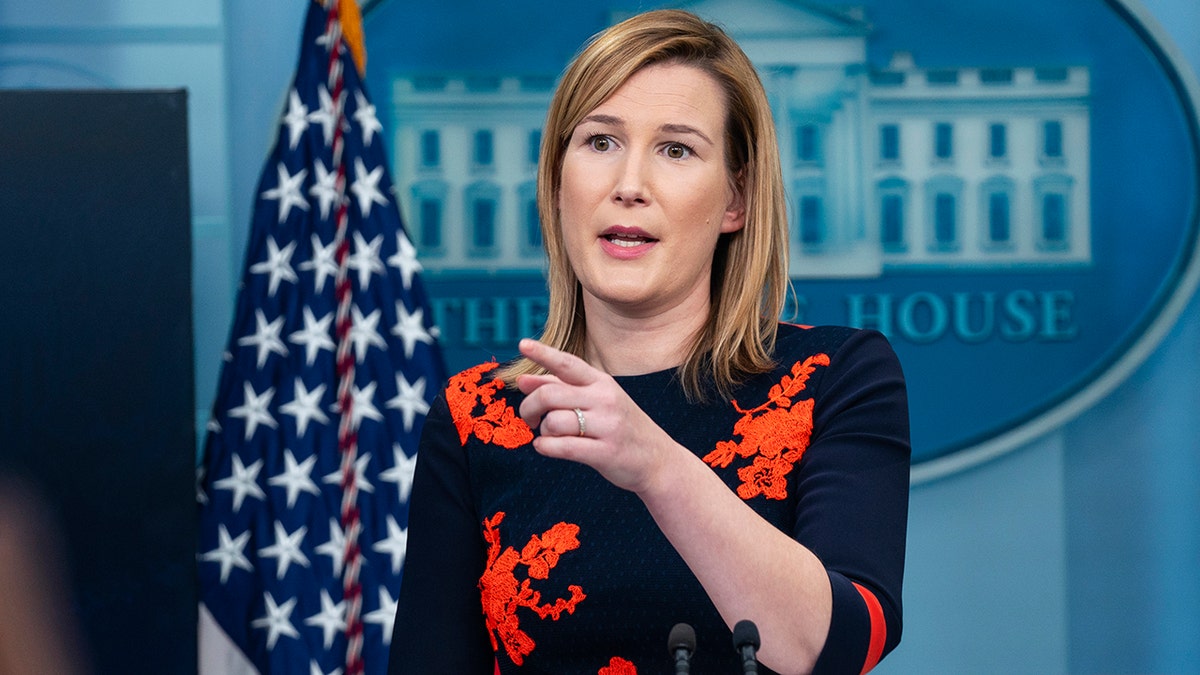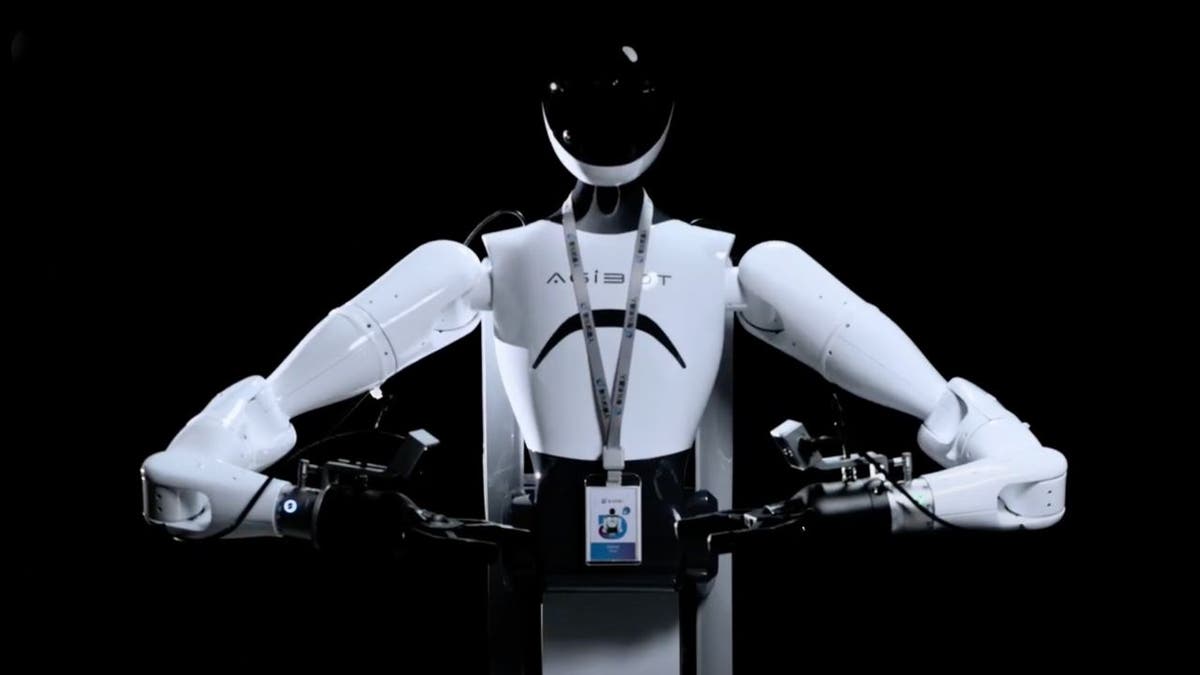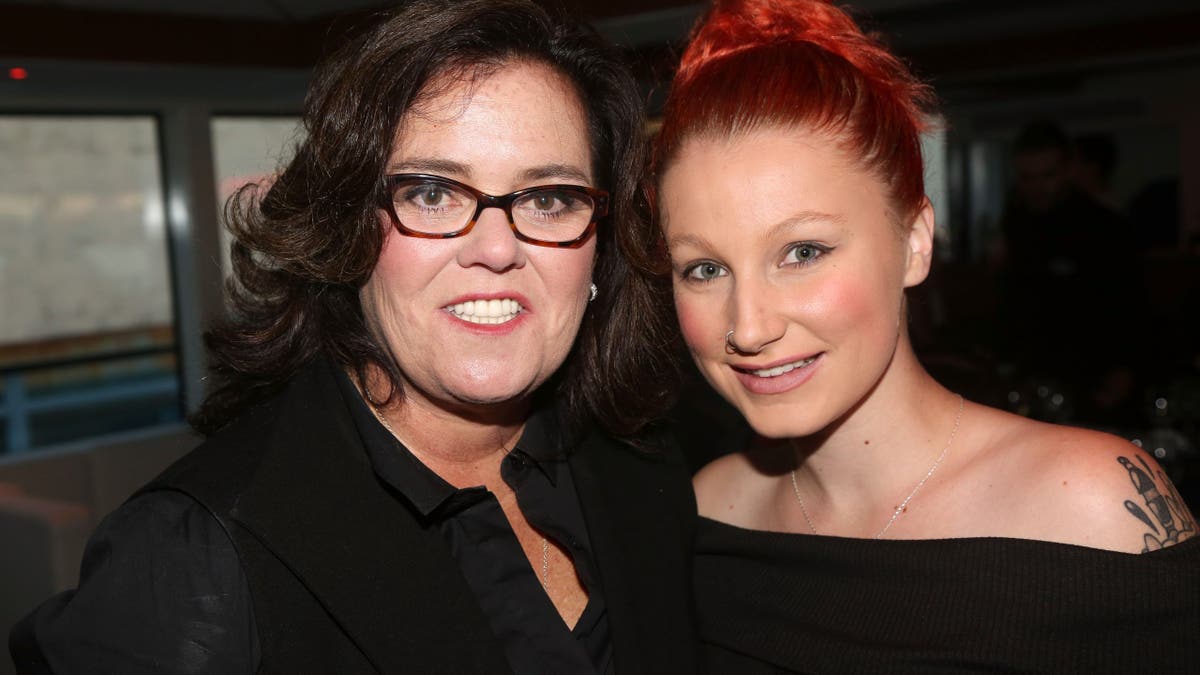Netflix's recent film "Mary" has brought the mother of Jesus back into the spotlight, prompting questions about her role in the Christmas story. But who is Mary, and why is she so important during Advent and Christmas?
The Gospel of Luke offers insight into Mary's unique position. The Annunciation, where the angel Gabriel reveals to Mary that she will conceive Jesus, highlights her status as "full of grace." This signifies her purity and freedom from original sin, a belief central to Catholic doctrine, which holds that Mary was immaculately conceived.
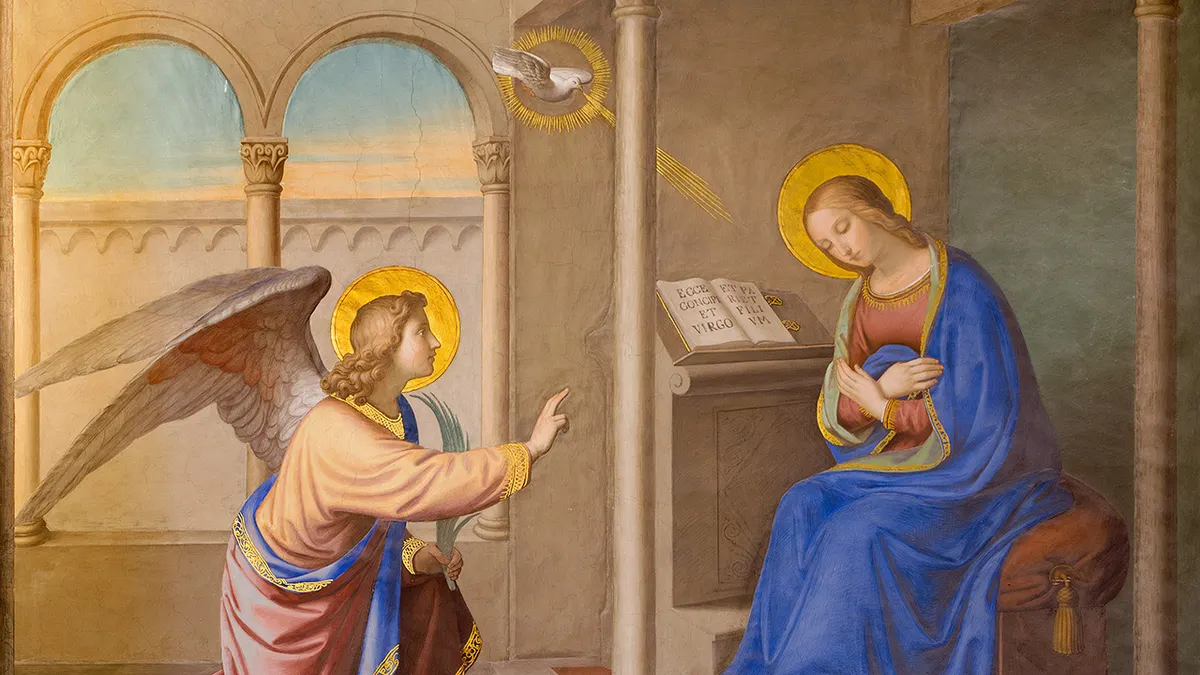
Pope Francis, reflecting on this passage, explained that "full of grace" means Mary was entirely filled with God's presence, leaving no room for sin. He described her as an "evergreen oasis" of humanity, untouched by evil, perfectly prepared to accept God's will and usher in a new era.

Theological experts emphasize Mary's crucial role in the Advent narrative. Mark Miravalle, a professor of Mariology, notes her ubiquitous presence during Advent and Christmas, from nativity scenes to hymns. He underscores her human cooperation in God’s divine plan, highlighting the significance of a woman's participation in bringing the Savior into the world.
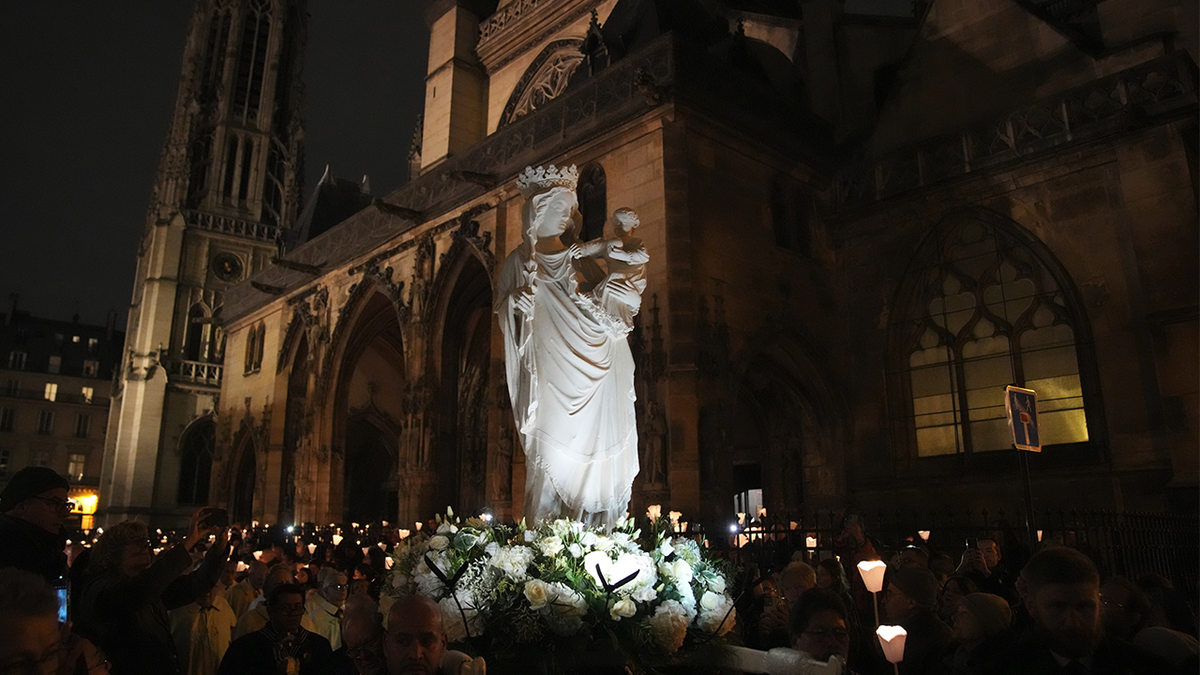
Miravalle further explains that Advent, a period of spiritual preparation for Jesus' arrival, fittingly honors Mary's role. He emphasizes that Mary's importance does not diminish Jesus' divinity. Instead, their relationship reflects a harmonious union of mother and son, obedient to God's will, culminating in the birth and triumph of the world's Savior.
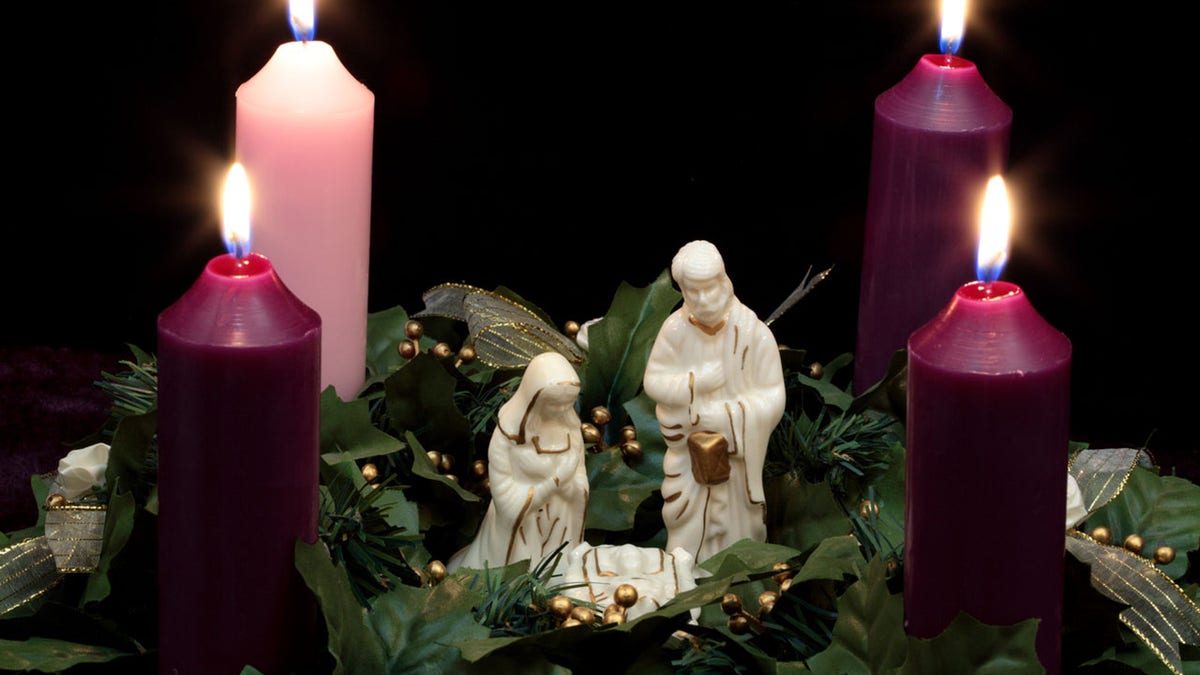
Mary's story is a testament to God's respect for human dignity and the vital role of women in his plan for salvation. Her "yes" to God's call paved the way for the birth of Jesus and the promise of peace.

